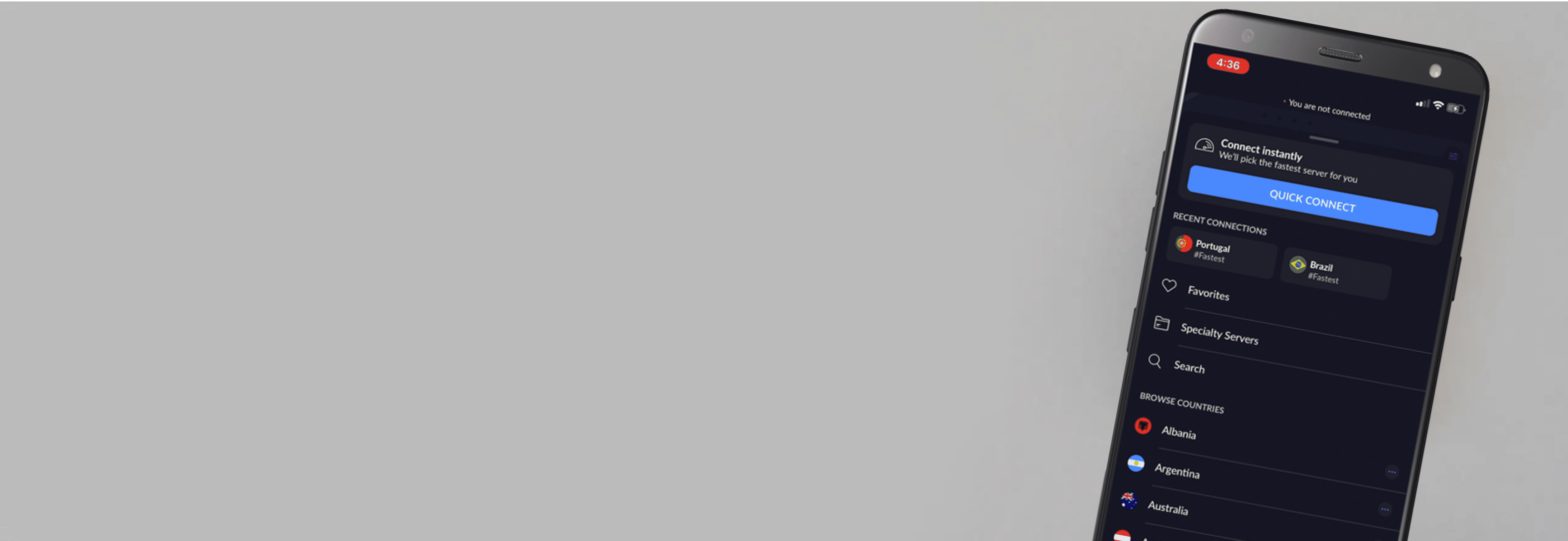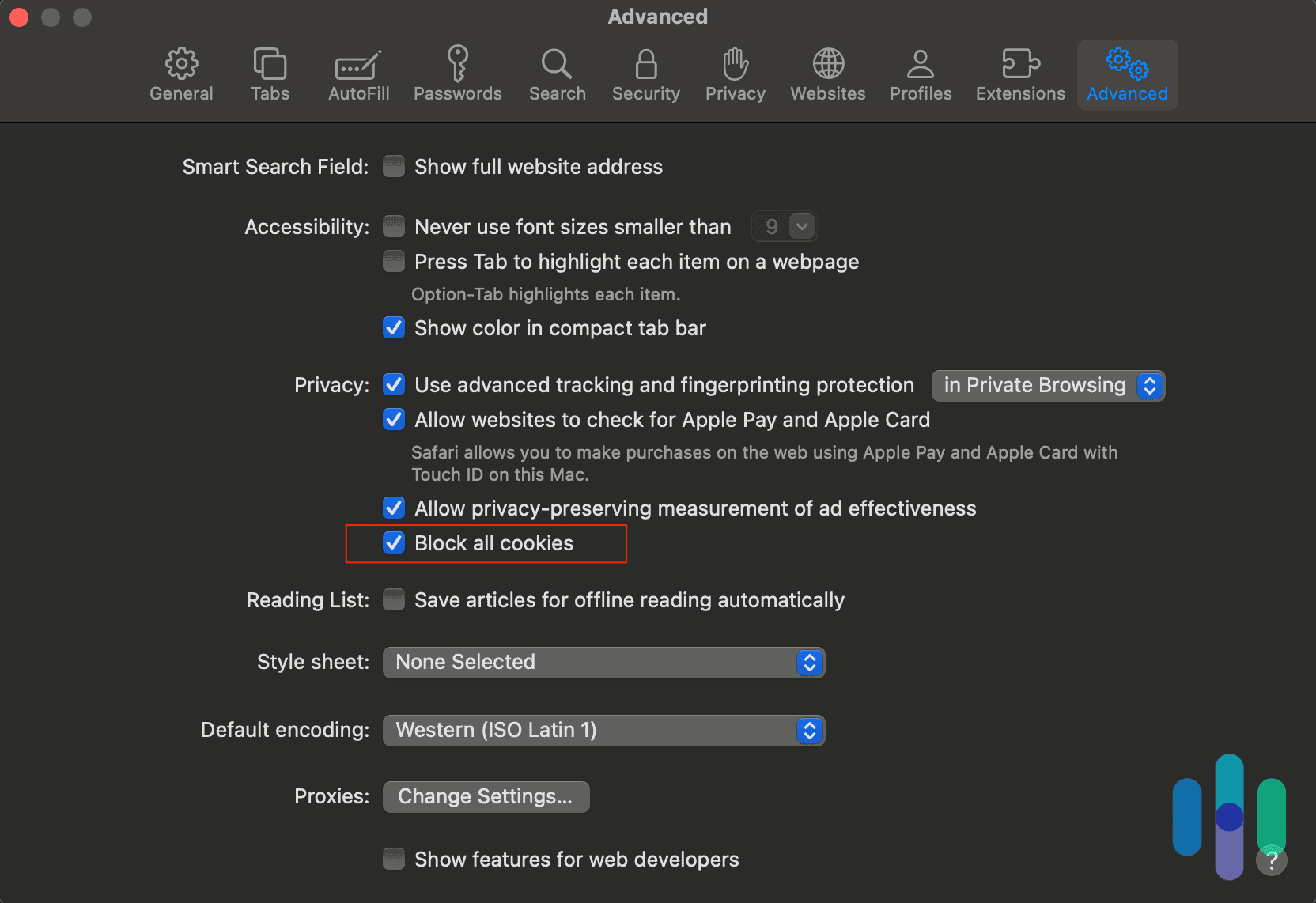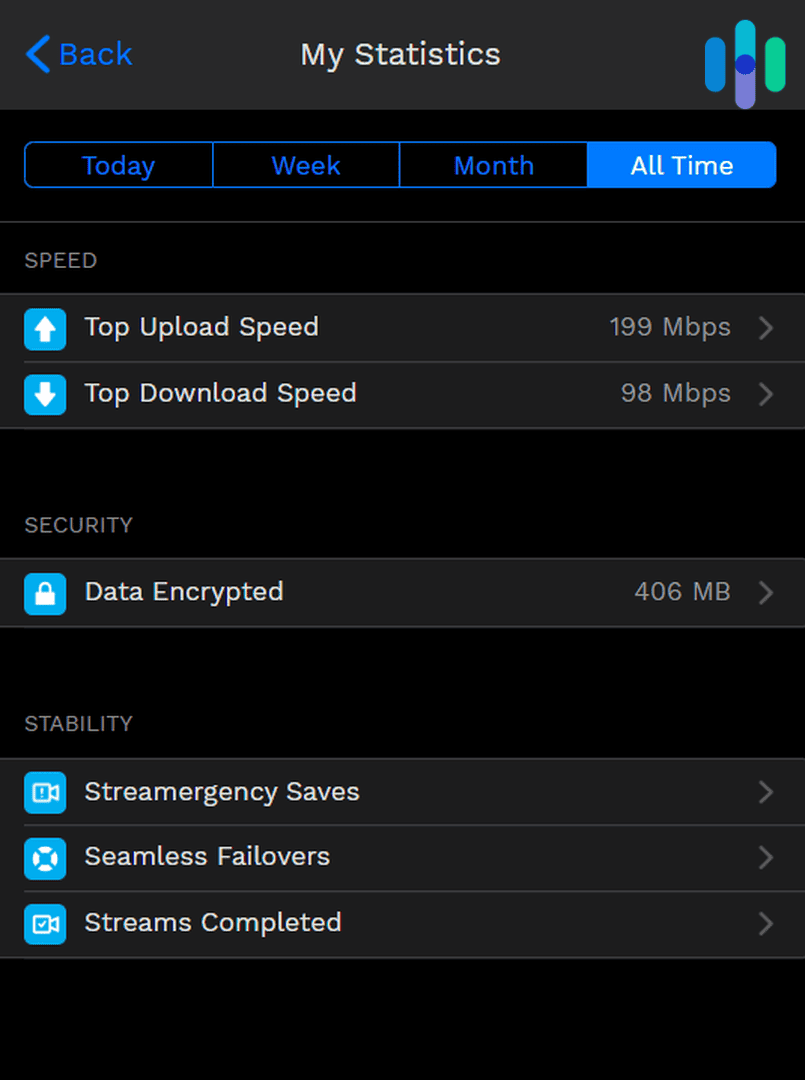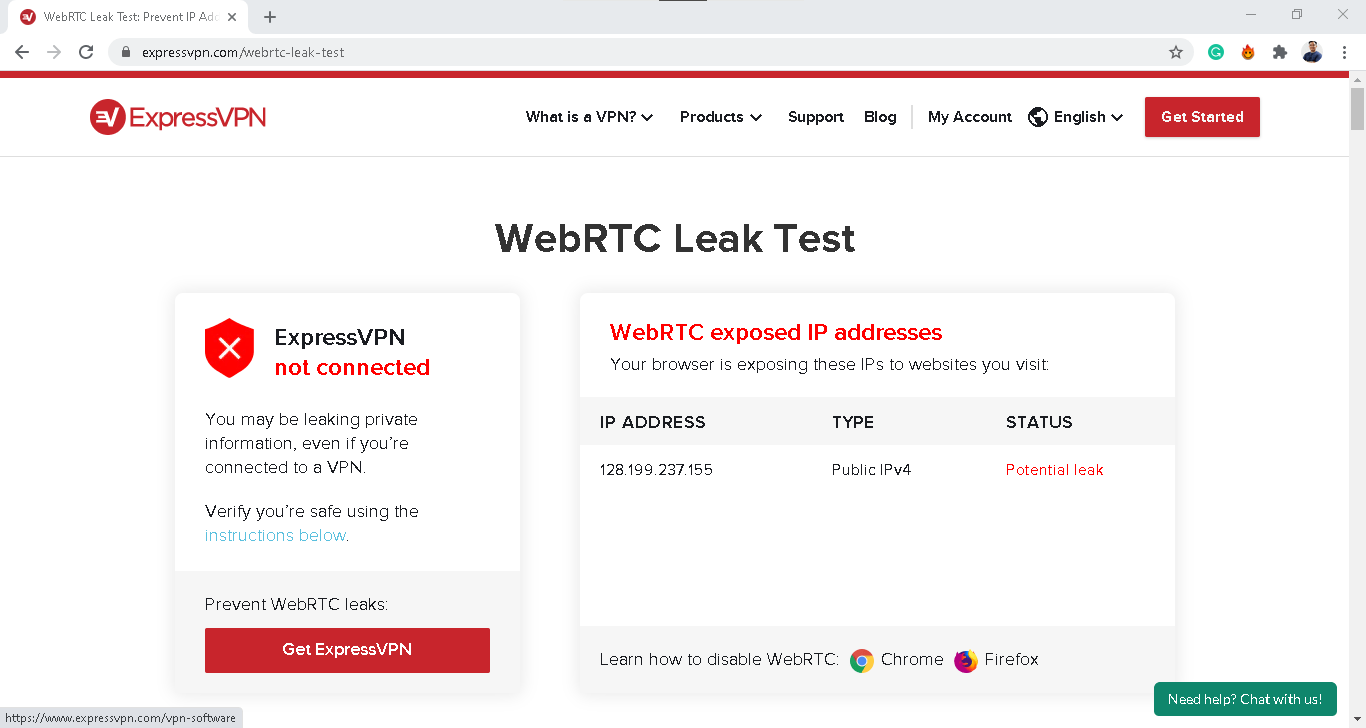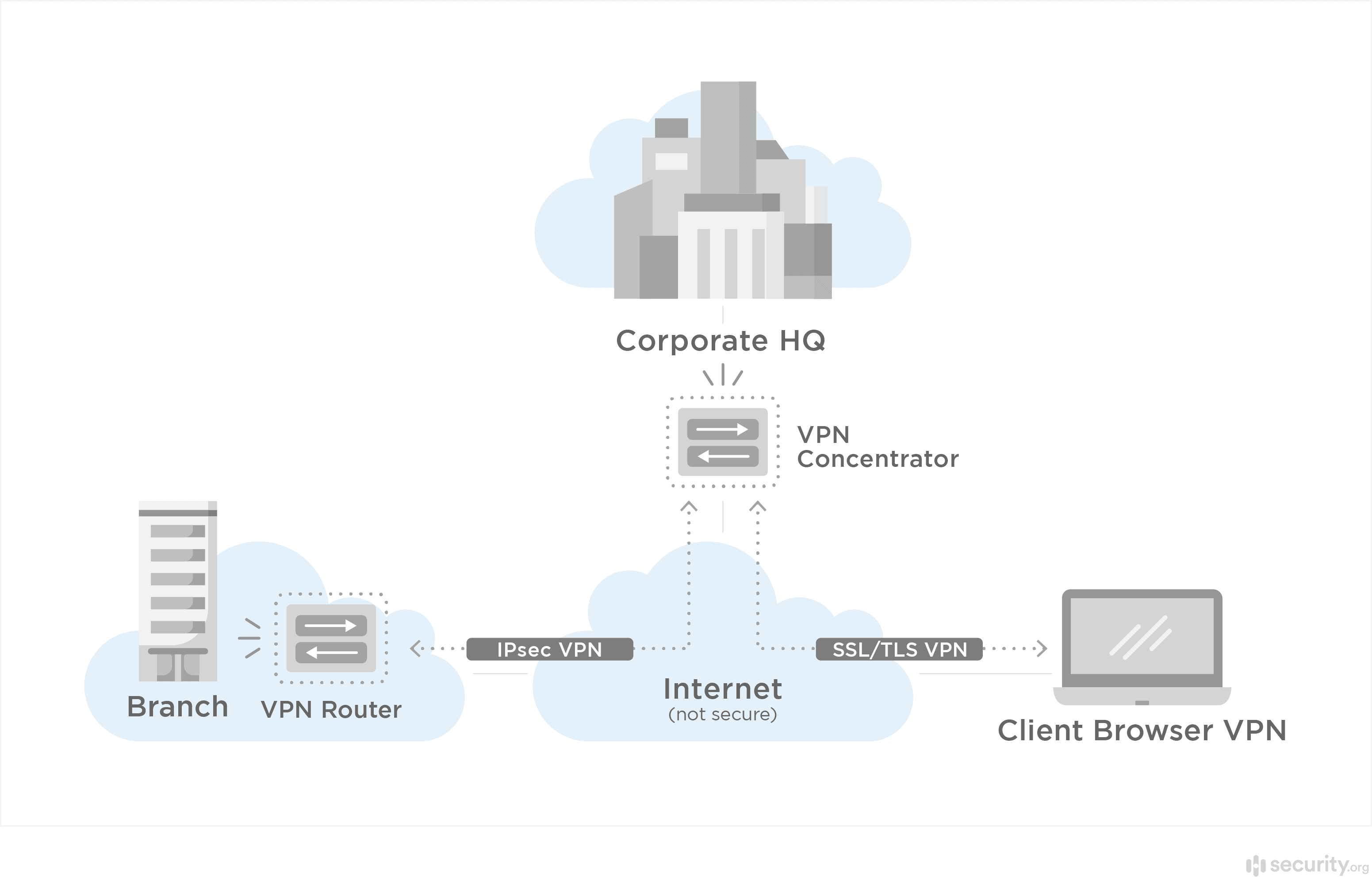When it was originally created, the internet was supposed to be a superhighway of information where everyone could communicate and access information free of any restrictions. Unfortunately, that’s not how it turned out to be. Depending on what country you’re in, the internet may not be so free. Some countries censor websites in their bid to control the flow of information. Others do so to uphold their ideals. In this article, we’re tackling the complex topic of internet censorship: what it is, how it works, and most importantly, what you can do about it.
What Is Internet Censorship?
Internet censorship is the practice of prohibiting or suppressing certain online content. When a type of content is censored, it generally becomes illegal and near-impossible to access or view as long as you’re within the jurisdiction of the censoring body. In some instances, publishing censored content is also illegal.
What’s Blocked
Censorship can affect all types of internet content, but generally speaking, these are the most common types of content being censored:
- Porn
- Torrenting
- Social media
- News media
- Foreign websites
Where Censorship Happens
Censorship doesn’t just take place at the government level, with countries like China banning foreign websites under the Great Firewall. It can also happen at home, at work, and with the original source, your Internet Service Provider. However, depending on where it comes from, internet censorship can look any number of ways.
- At Home: Home censorship typically comes in the form of parental controls, in which parents use blacklists and keyword blocking to keep their kids safe online. Blacklists are lists of websites that are filtered out; these databases are constantly being updated for the latest inappropriate web content. Keyword blocking, on the other hand, hides pages with certain keywords from view, controlling what kids see online. Parents can also use firewalls to hide content, which can be in the form of hardware or software.
- At Work: Have you ever used the internet for personal reasons at work? If so, you’re part of 43 percent of workers who exaggerate their actual time working.1 That’s why businesses often take it upon themselves to censor the internet, not only to block inappropriate content but also to increase productivity. Many businesses use firewalls to block either particular web pages or entire domains.
Did You Know: Aside from being a poor use of work time, inappropriate content viewed in the workplace could be grounds for lawsuits. For example, if someone watches porn at work, it could leave the company liable for a sexual harassment lawsuit.
- Internet Service Providers: Finally, censorship can also occur at the ground level, the Internet Service Providers themselves, otherwise known as ISPs. Theoretically, ISPs can block certain websites from view. However, net neutrality would mandate that ISPs can’t favor any particular company or website in the U.S. Without net neutrality, ISPs could charge a fee for usage of bandwidth, meaning that those websites will load faster. However, some people argue that this is a form of censorship, and it’s a topic widely debated in the U.S, but more on that a bit later.
How Does Internet Censorship Work?
Just as eggs can be served in many different ways, internet censorship can occur using different methods. But one thing that remains the same: it’s usually served cold.
DNS Tampering
DNS tampering is a technique that hackers can use to access DNS records. Once they gain access, they can make changes and let themselves into entire networks. This could lead to viruses or the collection of information for identity theft.
FYI: DNS stands for Domain Name Servers, and it’s basically the names of the websites you’ve visited, or the domain names which stand for IP addresses.
Blocking of IP Addresses
A common method of internet censorship is the blocking of IP addresses, the code of numbers which tell your computer where to actually go when you type in a domain name. Certain IP addresses can be blocked on an ad-hoc basis, or through region, typically referred to as geo-location or geo-blocking.
Filtering Keywords
Commonly used in parental controls, keyword filters block, you guessed it, certain keywords, either automatically or manually.2 Keyword filtering is also used in wide scale censorship, particularly in countries that want to suppress information.
Filtering Packets
Rather than filtering by domain names or keywords, some firewalls make their processing decisions based on:
- Protocols
- Ports
- Network addresses
- Source IP address
- Destination IP address
Instead of the firewall filtering for malicious traffic, as it typically does with most antivirus software, these filters are solely based on the source and destination IP addresses. Access will be given to known IP addresses, and vice versa.
Traffic Shaping
Otherwise known as packet shaping, traffic shaping is a way of managing bandwidth that lets certain applications perform better than others. While prioritized apps will run with no problems, apps that aren’t prioritized will be throttled or slowed down.
This is considered a type of censorship because it encourages internet users to use an app or service that performs better, while discouraging them to access an app that is not prioritized. For example, if an ISP has an affiliation with a streaming service, it could prioritize traffic from it while throttling traffic from its competitors.
Port Number Blacklisting
Last but not least, port number blacklisting is when an ISP blocks traffic based on its transport protocol and port number solely, ignoring IP addresses. This allows for the blocking of entire applications, not just certain websites.
Did You Know: We’ve tested all of the leading VPN services on the market? To see how each one of these companies performed when we put them to the test, read our review of NordVPN, review of ExpressVPN, as well as our review of IPVanish.
Internet Censorship Around The World
Not to go all Carmen Sandiego on you, but internet censorship looks very different in different countries. Freedom House, a nonprofit organization that advocates for media freedom and freedom of expression, compiles an annual list of all the world’s countries, ranked for their level of internet censorship. And so, we give you their best and worst countries for internet censorship.
Countries with Little to No Censorship
- Canada: Our neighbor to the north, Canada has no controls on internet usage whatsoever, whether it’s religious, political, or social media content.
- Iceland: Iceland boasts high internet access rates, few restrictions and even expanded laws protecting whistleblowers.
Countries with Strict Censorship
- China: China doesn’t just have a Great Wall. They also have the Great Firewall, which controls the internet usage of anyone in their country. It filters out any popular foreign services along with all traffic that comes into the country, greatly limiting what people can see. It also filters traffic based on keywords, stopping its residents from searching, talking about, and accessing topics related to controversial events, such as the 1989 Tiananmen Square protests.
Pro Tip: Traveling in China? Connect to a VPN and you’ll be able to see all the content you want, even if it’s foreign. However, not all VPNs work in China. The Great Firewall is that good. See here the top three VPNs we tested in China on our recent trip.
- Russia: The on-going Russia-Ukraine war has resulted in even more censorship. Even in normal circumstances, Russia blocks a ton of foreign websites, and Vladimir Putin’s proposed “Sovereign Internet” could make the internet in Russia even more disconnected. Russia is also one of the places where VPNs are illegal (because VPNs can be used to bypass censorship.)
How To Avoid Internet Censorship
If you are being censored at home, at work, by your ISP or by your country, there are a number of workarounds you can use to gain more freedom online. Some are free, some are paid, but all of them will only take a few minutes to set up and will greatly increase your protection from censorship.
VPNs
VPNs are Virtual Private Networks you can connect to that will encrypt your websites visited and device IP addresses. By hiding your web activity in a tunnel, you’ll be able to get around website restrictions.
Secure Browser
Secure browsers like Tor essentially do the same thing as VPNs, hide your IP address and clear your cookies just as soon as you close website tabs. All of your activity will be encrypted three times, ensuring that you’ll be safe even if you’ve visited restricted websites.
Don’t Use Incognito Mode
Many people think that Incognito Mode will automatically erase all of their web history, but that’s not the case. While the data will be deleted locally, your ISP will still be able to see your activities online, if there’s no other security measure in place like a VPN. So while Incognito Mode can be useful from hiding your web activity from the people you share devices with, it’s not a good choice for those that want privacy from their ISP.
Proxy
Proxy servers are similar to VPNs in that they hide IP addresses, allowing for more online freedom. To see how to change your settings to create a proxy server, read our article on how to change your IP address.
That said, proxies don’t offer as much protection as VPNs. In addition to hiding your IP address, VPNs also encrypt your data. Proxy servers don’t do that. They simply hide your IP address. Learn more about the differences of proxies and VPNs here.
Recap
You can use the internet for just about anything, whether it’s researching for a school project, playing a fun game or reading about the latest celebrity gossip. But it turns out that freedom isn’t free, especially if you’re in a country like China or Russia. However, with a few simple workarounds, you can ensure that your internet freedom stays just that.
Internet Censorship FAQs
Internet censorship differs greatly based on where you are, so naturally, people have a lot of questions about it.
-
Is censorship illegal in the U.S.?
Determining whether or not censorship is illegal in the U.S. depends on who is doing the censoring. Under the First Amendment of the Bill of Rights, Congress can’t restrict someone’s right to speak free. However, that means that private companies, schools, internet providers, and other entities outside of Congress can censor their students, customers, employees, and more. For example, if a private workplace censors its employees’ internet access, that is legal as the company is not Congress.
-
Should the internet be censored?
Whether or not the internet should be censored is a matter of individual opinion. We think in certain settings, like schools or workplaces, the internet should be censored to increase productivity and focus. However, outside of these areas, we don’t think the internet should be censored, especially by governments or internet service providers.
-
What countries have no internet censorship?
The United States, India and the European Union have lower levels of internet censorship than most countries, according to the human rights nonprofit organization Freedom House. However, even these countries ban certain apps, like how India has banned over 100 Chinese apps.
-
How can we avoid internet censorship?
You can avoid internet censorship by using a VPN or proxy before surfing the web. You can also use Tor, an encrypted browser, to bypass firewalls.
